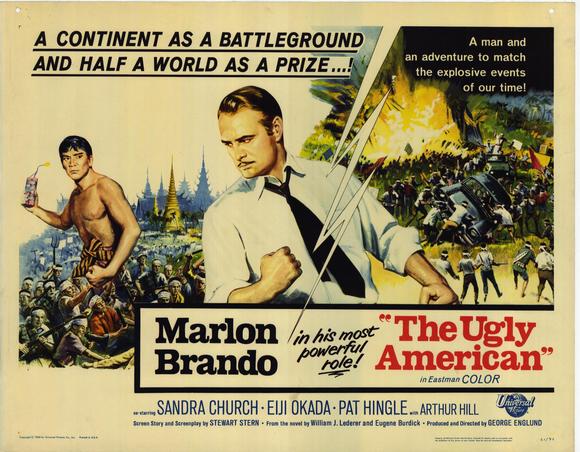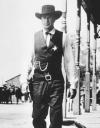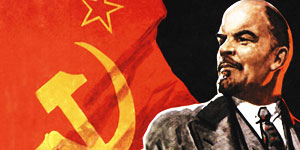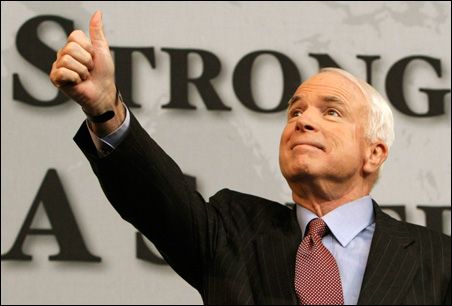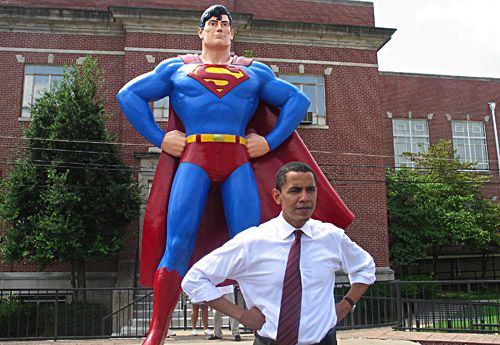Often the best way to understand a person is by contrasting him with someone who faced a similar type of crisis. Consider Sir Thomas More, who lived during the early part of the Sixteenth Century. He was, in addition to being a writer and philosopher, the Lord Chancellor of England, which meant that he was head of the judiciary and thus not too far afield of the position, here in America, of Chief Justice. More didn’t contend with the president of the United States, but rather King Henry the Eighth of England.
King Henry wished to have his marriage annulled by the Catholic Church, so that he could remarry, with the church’s official approval. Thomas More was the one who had the power to do so. President Obama, on the other hand, wished to have his health care law deemed constitutional. As fate would have it, Roberts cast the deciding vote. More knew that if he opposed the king, he could be in mortal danger, whereas Roberts was merely in danger of being criticized and vilified by those on the political left.
More was courageous till the very end, as the executioner’s axe beheaded him. Roberts, on the other hand, weaseled out of his duty to defend the Constitution, by a kind of legalistic sophistry — hatching that monstrosity which we might call an “un-sales tax,” a tax based on what we choose not to purchase — thus suffering no ill-regard from the President and his minions.
Sir Thomas More succeeded in defending the Catholic Church from the intrusion by the overreaching dictator. Chief Justice John Roberts, on the other hand, failed to defend America from the intrusions of an overreaching and dangerous demagogue. Thus, in upholding Obamacare, Roberts eviscerated the Constitution, violated his oath of office and betrayed the American public. Even those who are in favor of Obamacare would have to admit that Robert’s decision was not a product of judicial reasoning. Rather, it was politically motivated and likely made under duress.
Despite the obvious differences between these two situations, we therefore see that the fundamental scenario is the same: A man is given the responsibility to defend the law — whether it be a set of religious commandments or the Constitution — but in doing so he runs afoul of the ruler of the land, whether monarch or president. Duty demands that he leave aside the comfort and security of his position for the sake of justice.
We shouldn’t be too harsh on John Roberts for, in truth, were the President of the United States screaming in our ear and the press firing poison arrows at us continuously, most of us would crack under the pressure, as did John Roberts. Who, then, would be so heroic to put his neck on the line, either literally or figuratively, for the sake of principle, as Sir Thomas More had done? Only a person who loved, adored and revered the law, as it finds embodiment as the Torah, the Magna Carta, the constitutions of Great Britain the Unites States or other free peoples, or in any other of the laws other myriad expressions. He would have to love, adore and revere the law to the point of regarding it as the guiding light of his existence, indeed as holy. Only then would he be willing to lay aside his personal happiness, if not his life.
It might seem odd that something as impersonal as the law could be loved. And yet a devoutly religious Jew kisses the Torah, which he regards as God’s law. An American can have an equally fervent reverence for the Constitution. Although it isn’t God’s law, but rather the creation of the Founding Fathers, it shares in divinity, if indirectly so. That is because it embodies a certain set of eternal values, namely the notion that a republic should be governed so as to respect each of it’s citizen’s autonomy, which means infringing on their liberty to a minimal degree, under the rule of law. Behind the reverence for liberty, and the political arrangements that derive from it, is a belief in the dignity of man, for only he or she who is not enslaved, but free, possesses dignity. The state motto for New Hampshire is “Live free or die.” Liberty is worth dying for because enslavement is ignoble and wretched.
There are many people who are fascinated by the law; it’s certainly an intellectually stimulating subject. But they would no more be willing to sacrifice their happiness, and if necessary their life, for the law than would a person who really enjoys the game of bridge or listening to the music of Bach. A person who devotes his life to a subject may be intrigued by it, as is Roberts by the law, but doesn’t necessarily love, adore or revere it. After all, a person who loves something doesn’t betray it when it’s expedient to do so.
We might add that a true lover doesn’t seek to change who or what he adores, but loves it for what it is. That is why the liberal notion of a “living constitution,” which changes the law to accommodate those who have a social and political agenda — invariably one that derives from the fetish for equality at the cost of liberty — bespeaks an underlying contempt for the Constitution, as if it were merely an obstacle in the way of their “progressive” plans for the reformation of America.
Intellectual or Philosopher?
Roberts is an intellectual, a scholar. A philosopher, by contrast, is a lover, i.e., a lover of wisdom. Like Socrates, centuries before him, More was willing to die for philosophy. Apparently, then, Roberts finds the American Constitution to be intellectually stimulating, as does many a lawyer and judge, and a nice source of income, which is why he has devoted his life to it, but he doesn’t love it to suffer for it.
What gives backbone to character is a loving devotion to a set of ideals. How is it that those who vetted Roberts could have been deceived into thinking that Roberts was devoted to conservative ideals? Their fallacy consisted in conflating a conservative temperament with an adherence to conservative values. Even one of the giants of conservative thought, F.W. Hayek, in his book, “The Constitution of Liberty,” denied that he was a conservative, if by conservative we mean someone who clings to the status quo when an unpleasant, if not unendurable, situation demands change. In that sense, those American colonialists, who sided with England, the Torreys, were conservative, but there was nothing admirable about them. They were merely fearful.
Thus Roberts revealed that he was conservative, but only in temperament, not in a principled way, when he fearfully went along with the status quo. In this case, the status quo consists in the fact that Obamacare is a law now on the books and is in the process of being implemented. Roberts clung to it even though it violates the Constitution, which is his duty, as Chief Justice, to protect. We mentioned cowardice and sophistry, but there might be a certain cynicism here, as if Roberts was saying to the American people, “You elected the dictator, so you deal with him. I got my own problems.”
The Essential Question
And so, when John Roberts was vetted, they never asked him the essential question: “What do you think of Sir Thomas More? Do you admire him? Do you believe that you would have done what he did? Are you too a ‘man for all seasons’?” They might have then discerned whether John Roberts was a true lover of the law and whether he had the intestinal fortitude to fight and suffer for his principles. Then, again, there is no need to refer to ancient history; they might have asked John Roberts what he thought of Sheriff Will Kane, in the western “High Noon,” or the thousands of other heroes, both fictional and real, that have inspired scores of Americans to set aside their own comfort, safety and happiness, so that they might aspire to a life wedded to higher ideals.
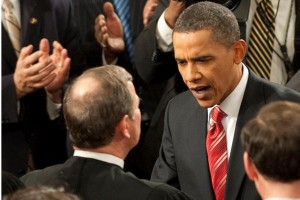
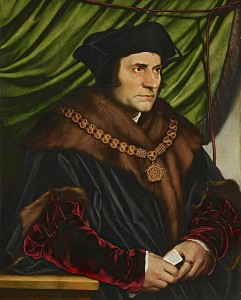



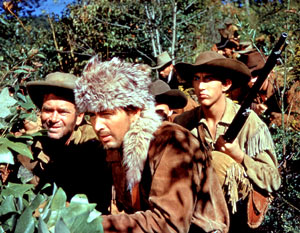



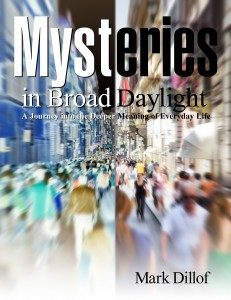 >
>